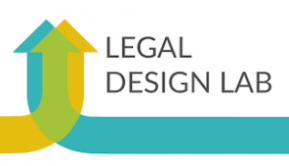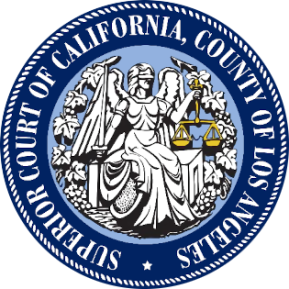Fortifying Families through Digital Access to Justice
The American civil justice system is in crisis. In 75% of the 20 million civil cases filed in state courts each year, at least one side lacks a lawyer. Many of these involve significant and even life-altering matters–debt collection actions, evictions, and family law matters. Without a lawyer, many individuals and families cannot protect their rights, and millions of cases end in “default judgment”– an automatic loss when a party fails to take any action.
The fundamental unfairness and social cost of this “justice gap” are acutely evident in eviction cases. Across the U.S., landlords file 3.5 million evictions each year. In California, evictions displace 500,000 tenants annually, and in Los Angeles County alone, some 47,000 eviction cases were filed in 2023. In a large number of these cases, tenants fail to respond despite viable defenses that could delay or prevent displacement, with rippling consequences for housing and family stability, employment, and health that fall most heavily on vulnerable populations.
Many factors contribute to the access-to-justice crisis, among them anemic legal aid funding, rising economic insecurity, and a frayed social safety net. But there is also mounting evidence that a core part of the problem is courts themselves. Court procedures were built by lawyers for lawyers, with inscrutable forms, byzantine filing systems, and needlessly complex procedures.
This project, a collaboration between Stanford Law School’s Deborah L. Rhode Center on the Legal Profession and Legal Design Lab, and the Los Angeles Superior Court, the nation’s largest trial court, seeks to expand access to justice through evidence-based digital innovation and modernization designed to make court processes more fair and accessible for all court users.
The research team will first rigorously study and identify barriers to court user engagement, and then co-design and implement a new, fully integrated digital pathway–offering, for instance, clear and actionable information, referral to appropriate legal help, and document preparation and e-filing–that will empower court users to more easily and effectively navigate complex legal proceedings. The fruits of this unique collaboration will further serve as a model for other jurisdictions, advancing access to justice nationwide.
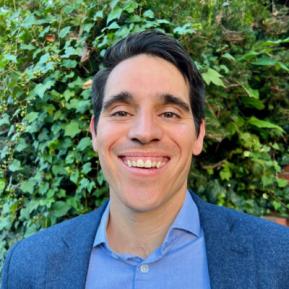
Research Fellow, Deborah L. Rhode Center on the Legal Profession
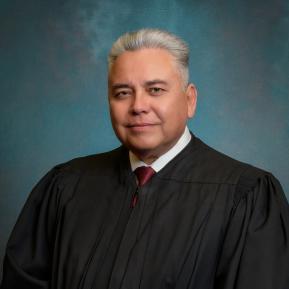
Presiding Judge , Superior Court of Los Angeles County

Lecturer, Stanford Law School
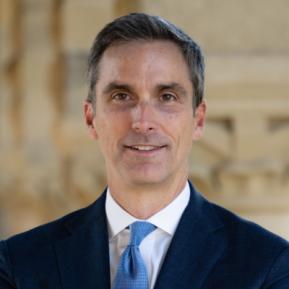
Professor, Stanford Law School
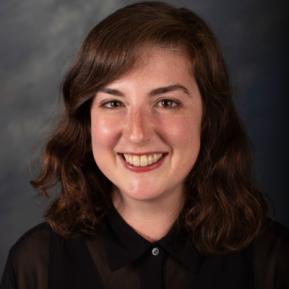
Executive Director, Legal Design Lab
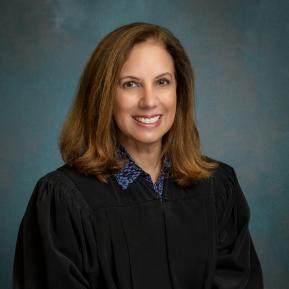
Presiding Judge , Superior Court of Los Angeles County
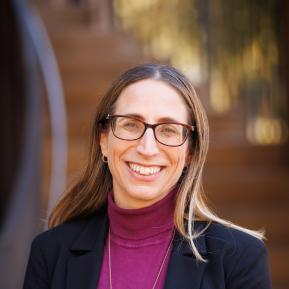
Civil Justice and Innovation Fellow, Deborah L. Rhode Center on the Legal Profession
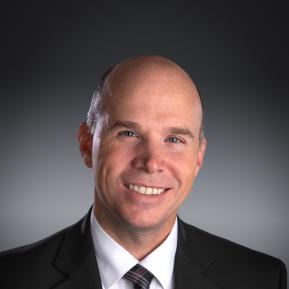
Court Executive Officer , Superior Court of Los Angeles County
Related Links
- Justice for All: Nation’s largest court partners with Stanford Law to create more innovative, accessible courts [Stanford Lawyer, July 2025]
- Stanford Law School’s Rhode Center and Legal Design Lab Publish a Forward-Looking Blueprint for Expanding Access to Justice in Partnership with the Superior Court of Los Angeles County [Stanford Law School, April 2023]
- Addressing California’s Access to Justice Crisis by Fundamentally Rethinking Legal Services: A Conversation with Stanford’s David Engstrom and Lucy Ricca [Stanford Law School, November 2024]



